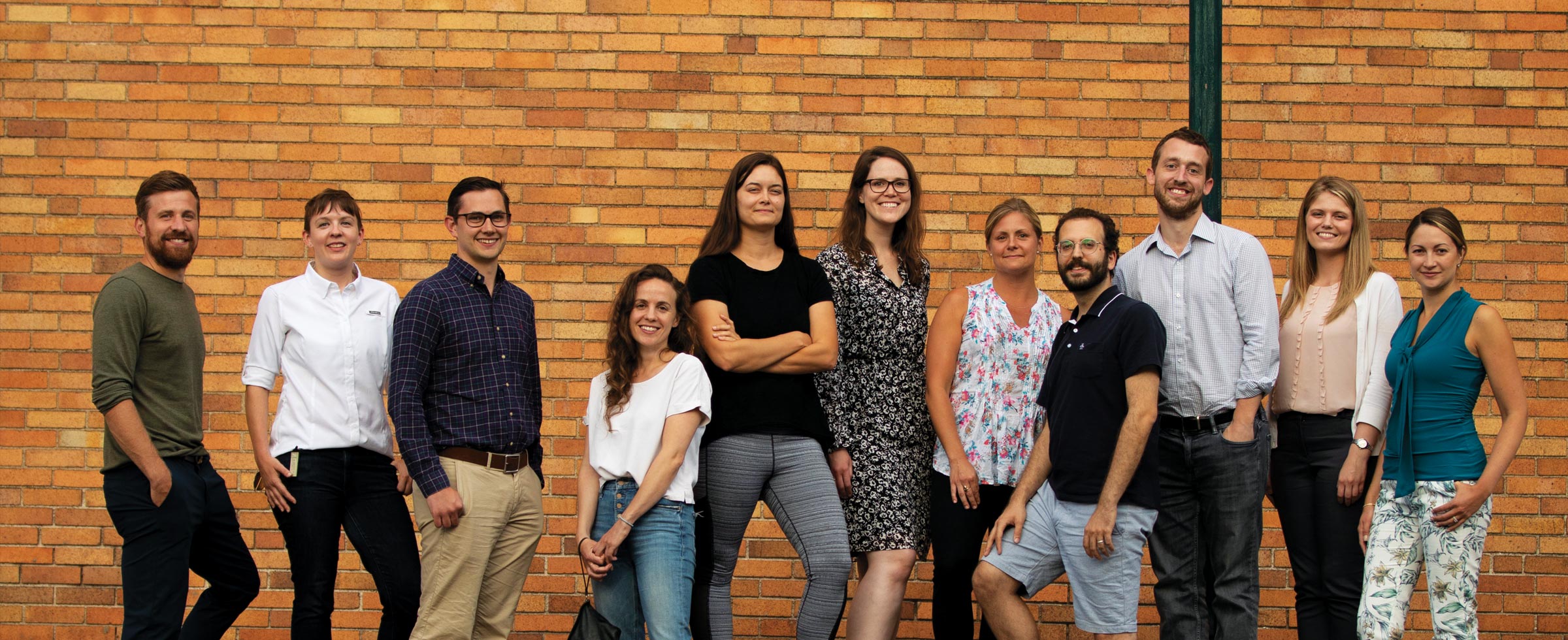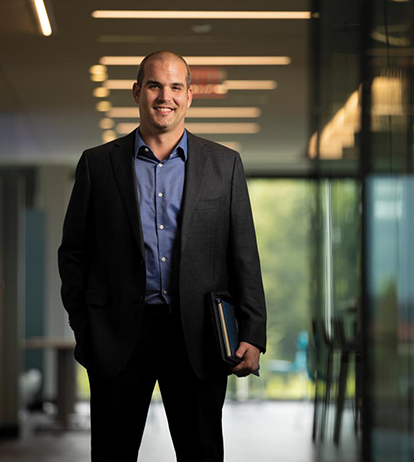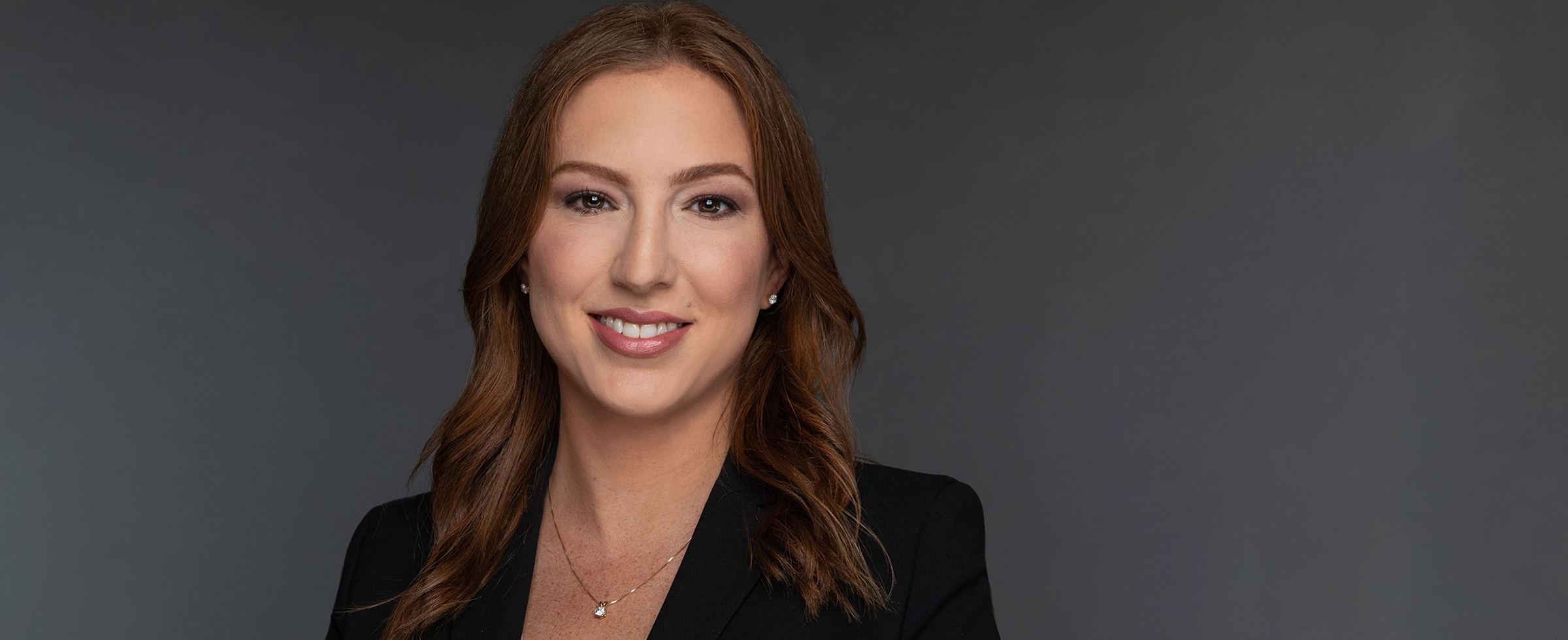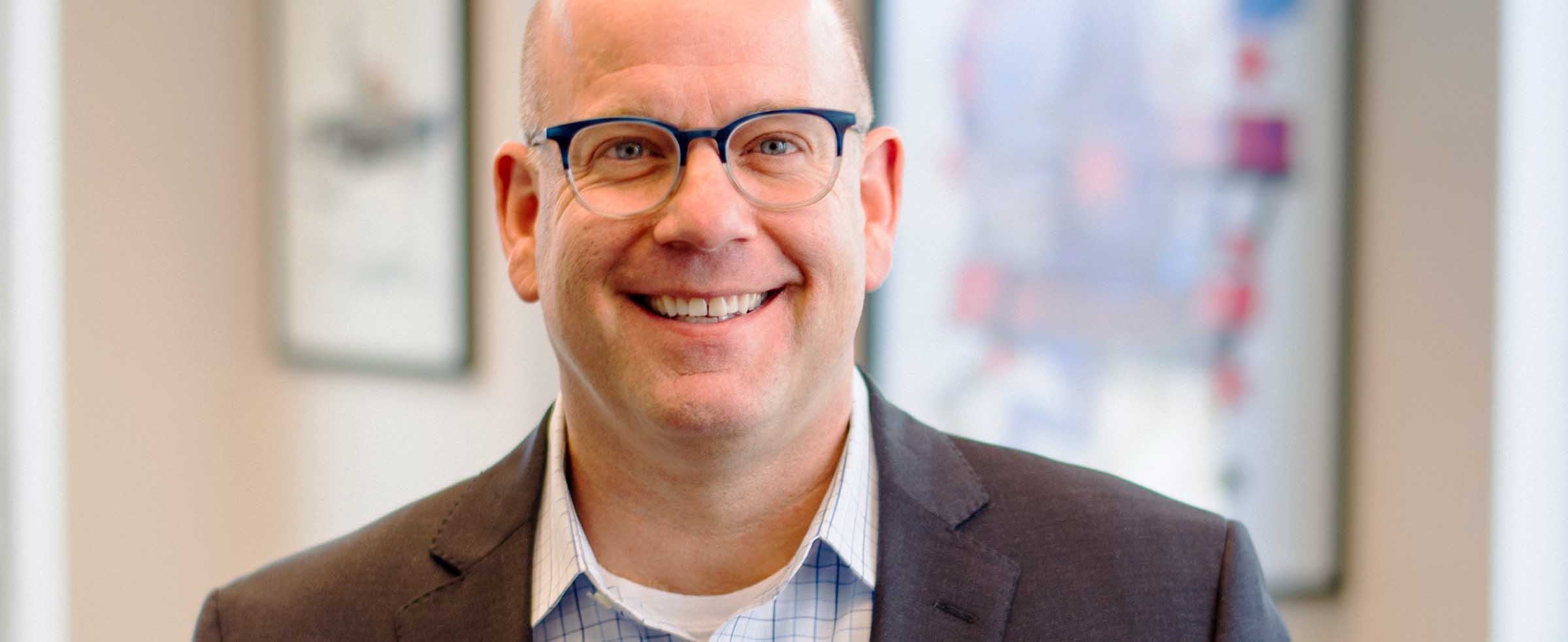
Two new programs have been launched at The Pittsburgh Foundation to engage the next generation of professional advisors and philanthropists.
EMMA LEE WAS RAISED TO GIVE BACK, but she never imagined herself as a philanthropist — certainly not at 28. Even from her perch as a senior program associate at the Fred Rogers Center for Early Learning, a nonprofit that deals frequently with foundations, she thought the title was reserved for the elite and wealthy.
Casey Robinson, 33, a certified financial planner with Waldron Private Wealth in Bridgeville, initially assumed his clients were supposed to tell him about their interest in charitable giving — not the other way around.
The two young professionals found that their notions of philanthropy expanded through participation in two Pittsburgh Foundation programs last year in its Center for Philanthropy. The classes are continuing this year as Foundation staff sees evidence that early career professionals want to put their own cultural stamp on local giving.
For Lee, the notion that philanthropy is only for the older and wealthier set in Pittsburgh changed when she learned about the New Philanthropic Leaders Program. She joined 10 other young professionals, ages 22 to 40, representing occupations as diverse as lawyer and advertising creative director, for a year practicing start-to-finish philanthropy. The $1,000 contribution each of them made was the first step in a philanthropic journey that took them to the point of collectively deciding which community nonprofits would benefit.
They would set the strategic direction of grantmaking, design an application for nonprofit leaders hoping to tap into it, select the nonprofit finalists and plan a “pitch party,” the event in which applicants make their best case for a grant award. “The entire experience was really engaging,” says Lee.
Robinson is one of 16 early career financial advisors and estate attorneys who make up the Young Professional Advisors Committee, which had its first meeting in February. The YPAC group is modeled after the Foundation’s Professional Advisors Committee, which serves established advisors. In addition to the benefit of networking with peers, he learned how to use the Foundation’s tools to help his clients set philanthropic goals for themselves and succeeding generations. “Some couples want to give money away, but they have never done it before. It isn’t something that most husbands and wives sit around the dinner table and talk about,” Robinson says.
Similarly, the region’s younger adults don’t typically talk about becoming philanthropists, but the New Philanthropic Leaders Fund highlights changes in the way young people connect to charitable giving. “Young adults born in the ’80s and ’90s had formative experiences that prompt them to give back from the start of their adult lives instead of waiting until the end,” says Center for Philanthropy Director Kelly Uranker.
To heighten young professionals’ interest in being personally involved in the grant-making process, $15,000 of the total $26,000 funding pool was provided by the Buncher Foundation for the 2018 program.
To decide which nonprofits would receive grants — the class’s focus areas were minority and immigrant women with children — NPL members reviewed grant applications. These two areas align with the Foundation’s 100 Percent Pittsburgh organizing principle. Three finalists were selected, and a pitch party was planned.
Most [clients] don’t know that there is a community foundation a few miles from where they live that is set up to help them support local causes they care about. --Casey Robinson, Waldron Private Wealth
Pitch party attendees each donated $20 to the organization they believed had the most compelling pitch. The event’s culmination was the counting of those contributions and the announcement of the nonprofit with the most audience donations, which then qualified it for the largest share of pooled grant money.
Pennsylvania Women’s Work was awarded $11,000, plus an additional $1,240 from attendees; Providence Connections, $7,500 along with $820; and Jeremiah’s Place, $7,500 and $690. Emmie Calland, 34, senior manager for the Center and for strategic initiatives, says the spirit of the pitch party is celebration and affirmation with a bit of competition mixed in for fun. “The groups were cheering for one another,” she says.
Lee says it was an eye-opening experience to work with other community-minded young professionals and learn about the challenges of single mothers, who represent the overwhelming number of households in poverty in Allegheny County. “This was a deeper experience of financial giving and made me think about how to be more effective with my personal resources and in making the case to get others involved.”
And word is getting around. This year’s class of New Philanthropic Leaders has been expanded to 18, and the current group of Young Professional Advisors will continue meeting quarterly.

“Our members are highly competent practitioners with ambitions to be standouts in the field,” says Amy Razem, the development officer who manages the Committee. “It’s a process of continuous learning. They learn from one another and they advise us on how we can be more effective in assisting them and their clients.”
Robinson says it helps to have information ready when clients respond to the giving-back conversation. “Most of them don’t know that there is a community foundation a few miles from where they live that is set up to help them support local causes they care about,” he says. Uranker believes that young professionals going through the two programs reap career dividends, and the city reaps significant philanthropic benefit. “Philanthropy is a mindset as much as a practice,” she says.
Original story appeared in the 2018-19 Report to the Community.



